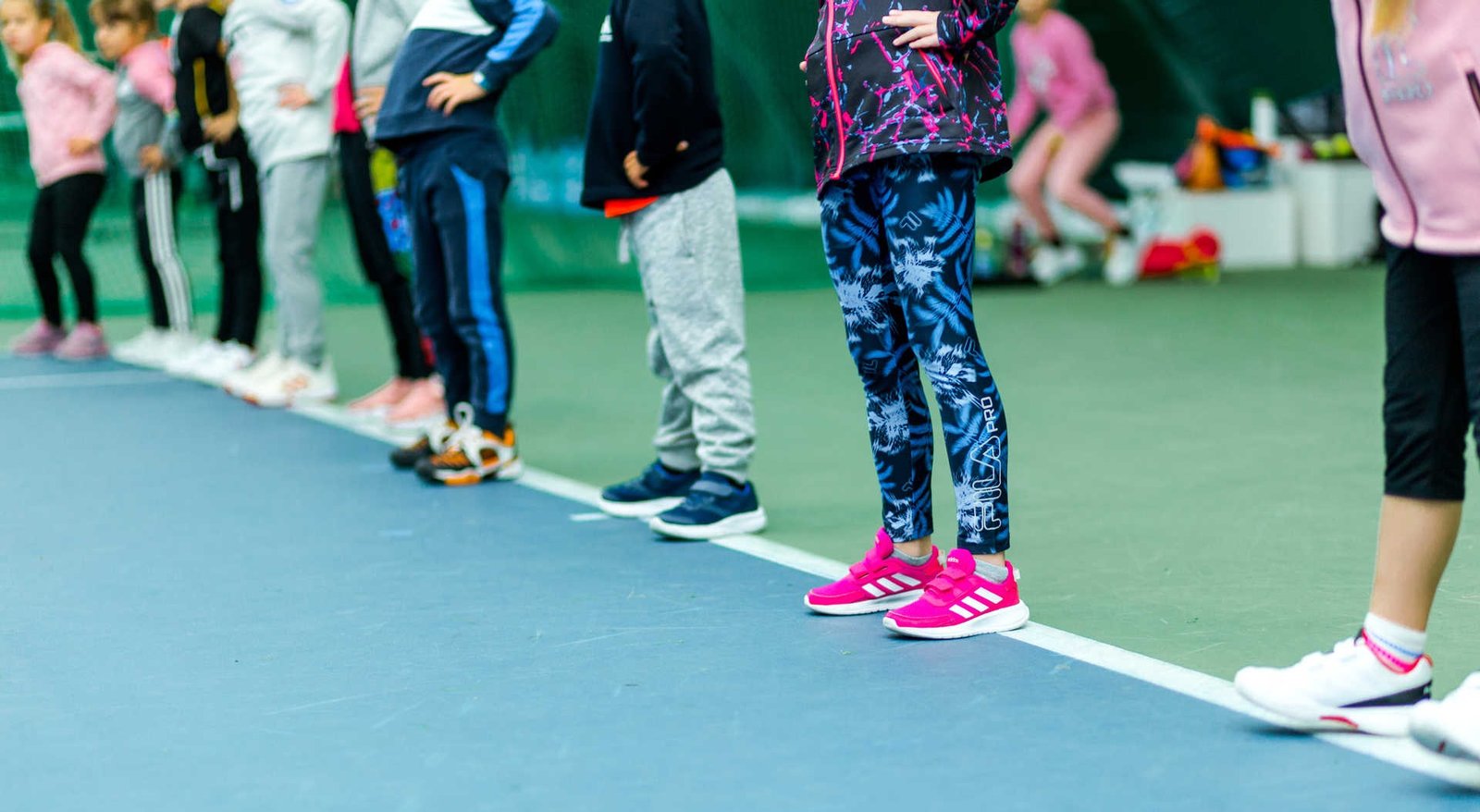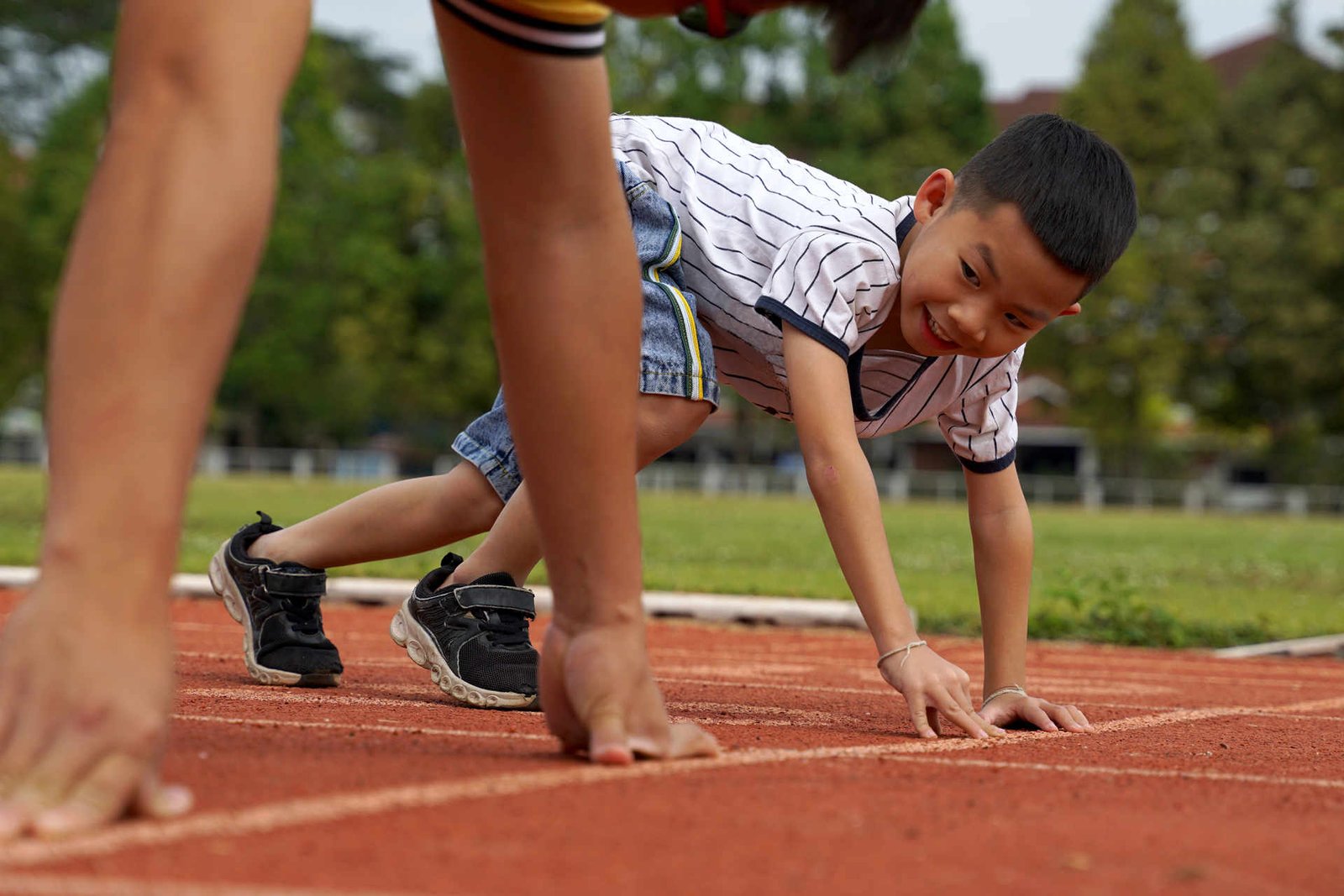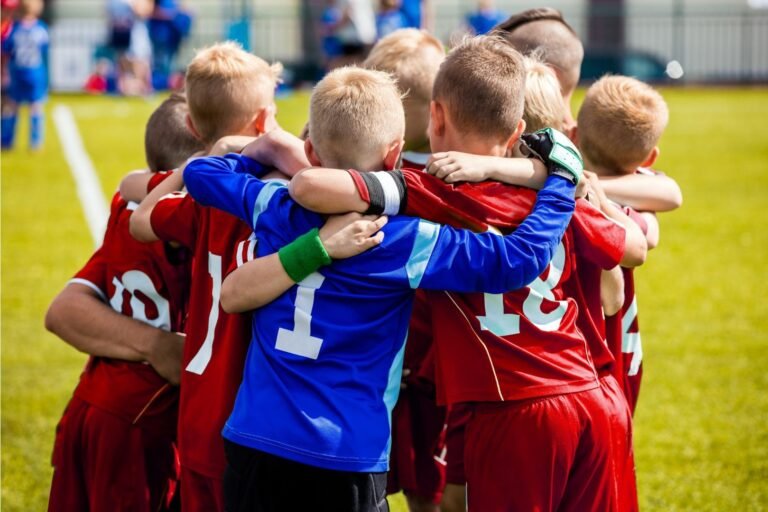Children’s social development depends on their learning the values of fair play, which also helps them to create polite and sympathetic connections. Especially in games and sports, fair play is the understanding and application of justice, equity, respect, and cooperation in different circumstances. Here are a few ways to teach kids these values.

1. Model Fair Behavior
Young children often copy the behavior of the people in their vicinity. When dealing with your child, showing justice will be quite an effective example. When playing games with young children, for example, follow the rules and gently manage both winning and losing. This behavior instills in them respect of norms and results, therefore promoting justice and integrity.
2. Encourage Turn-Taking
Engaging in games that call for turns lets kids understand fairness. Simple games like group play or board games might help one to develop patience and the importance of waiting for their turn. Excellent examples are games like “Candy Land” or “Chutes and Ladders”.
3. Discuss Fairness Openly
Talk with kids about what fairness is to them. Illustrate fair and unfair circumstances using real-life events or anecdotes. To inspire empathy and understanding, probe with questions like, “How would you feel if someone didn’t share with you?”
4. Praise Fair Actions
Fair behavior can be reinforced positively. When a young child follows the rules or contributes, compliment their behavior. This acknowledgement emphasizes the importance of fair play and encourages the children to keep acting in this way.
5. Introduce Cooperative Games
Children can learn the value of cooperation and appreciating one another efforts by means of games requiring teamwork instead of rivalry. Group art projects like constructing puzzle together highlight teamwork above competition.
6. Set Clear Rules and Expectations
Clearly state the rules before beginning any game or activity, then make sure every player understands them. Children who consistently follow these rules come to understand the need of justice and the results of not following accepted norms.
7. Address Unfair Behavior Promptly
When unfairness arises, take care of it quickly. Talk about why the behavior was unjust and discuss better approaches to manage similar circumstances going forward. When using this method, children get to learn from their mistakes and see how their behavior affects others.
8. Encourage Empathy
Encouraging young players to share and comprehend the emotions of others can help to foster fair behavior. Role-playing several situations or talking about characters’ emotions in story telling will help them to develop their sympathy and result in more thoughtful behavior.
9. Provide Opportunities for Mixed-Age Play
Let kids interact with peers of varying ages to impart fairness and flexibility. While younger children could learn to respect and follow set guidelines, older youngsters can show the example. This dynamic helps kids of different ages to develop responsibility and understanding.
10. Read Books About Fairness
One very effective tool for teaching fair play is reading. Children can relate to books emphasizing fairness, sharing, and empathy by means of relevant models. Talking about these stories and discussing them whenever a chance is given, can help to emphasize fair play even more.

Conclusion
Teaching young children to respect fair play requires both constant work with them and encouragement. By fostering empathy, using group play in games and practices and modeling fair behavior, parents, coaches and teachers can help youngsters grow to have a strong sense of justice that will serve them well all their lives in both their personal and athletic lives.





